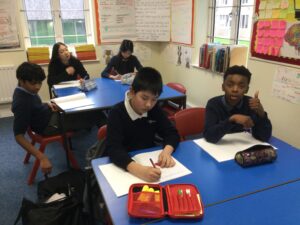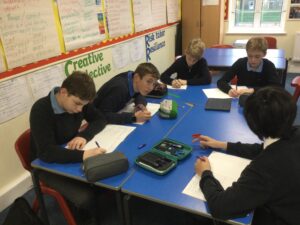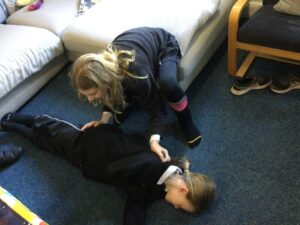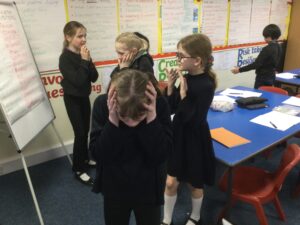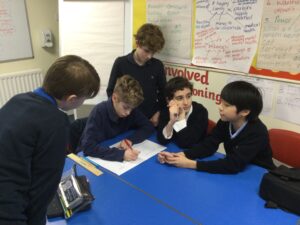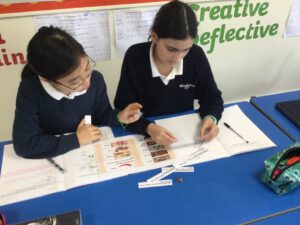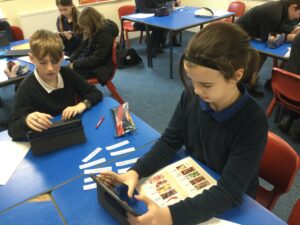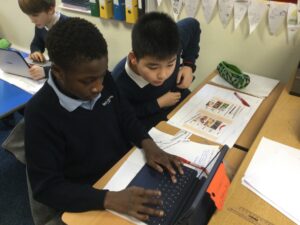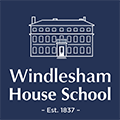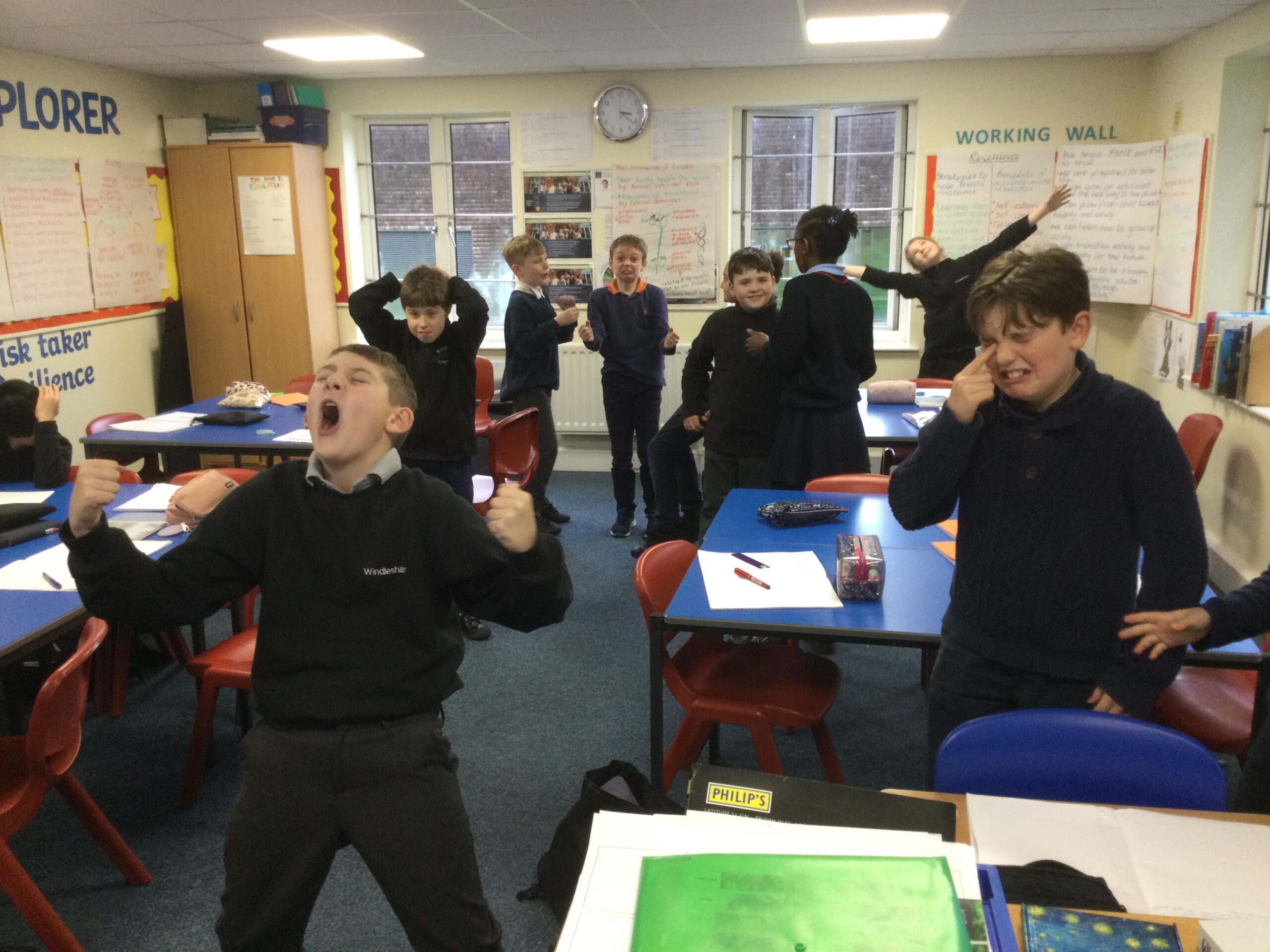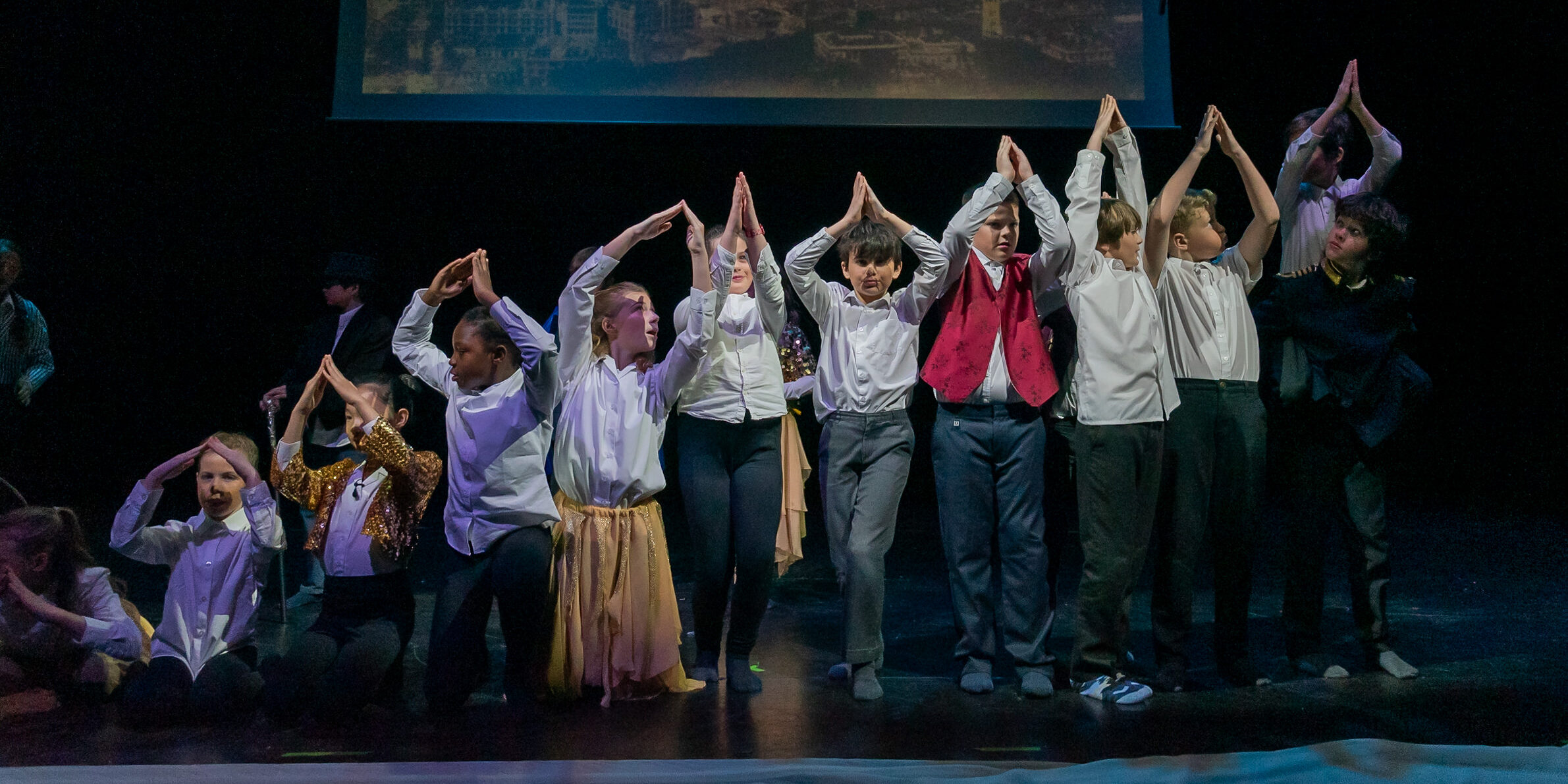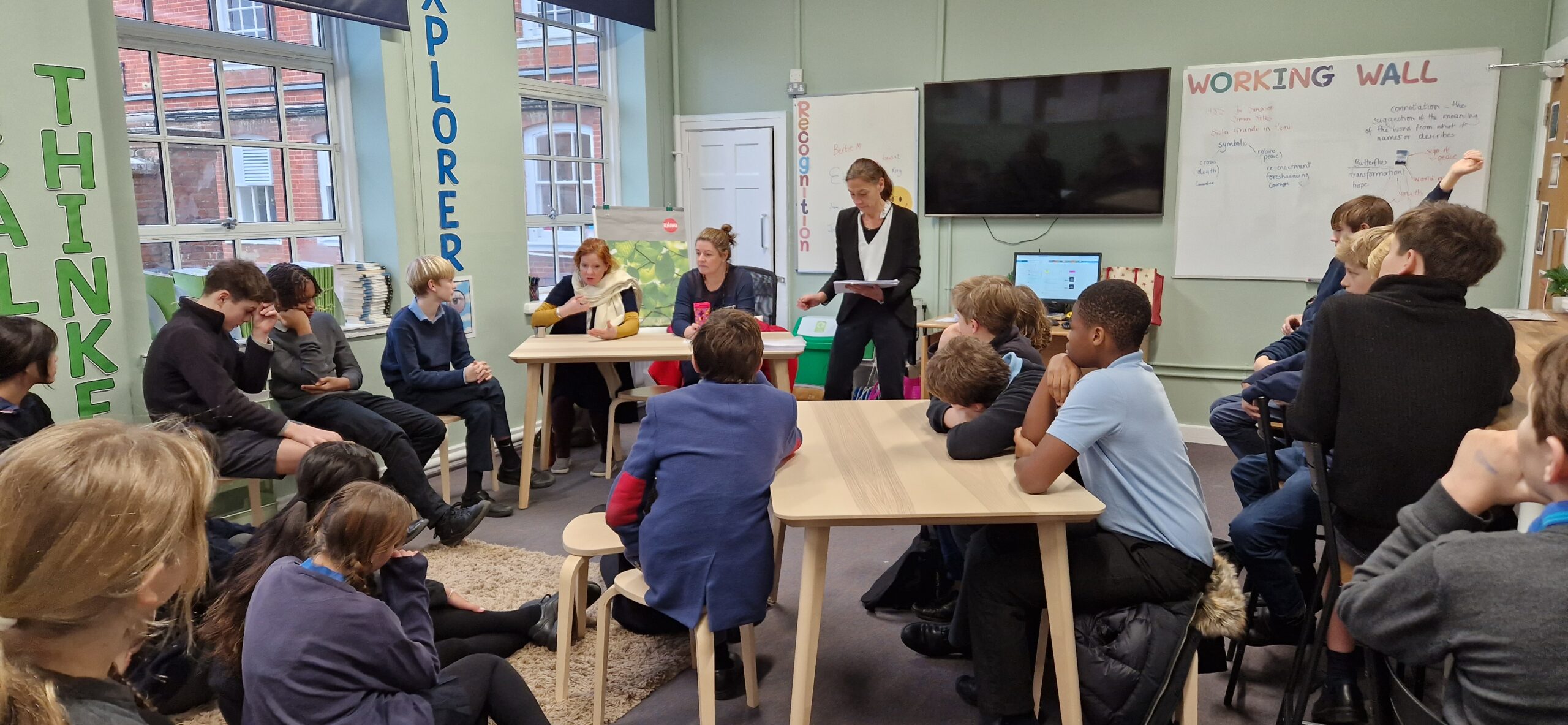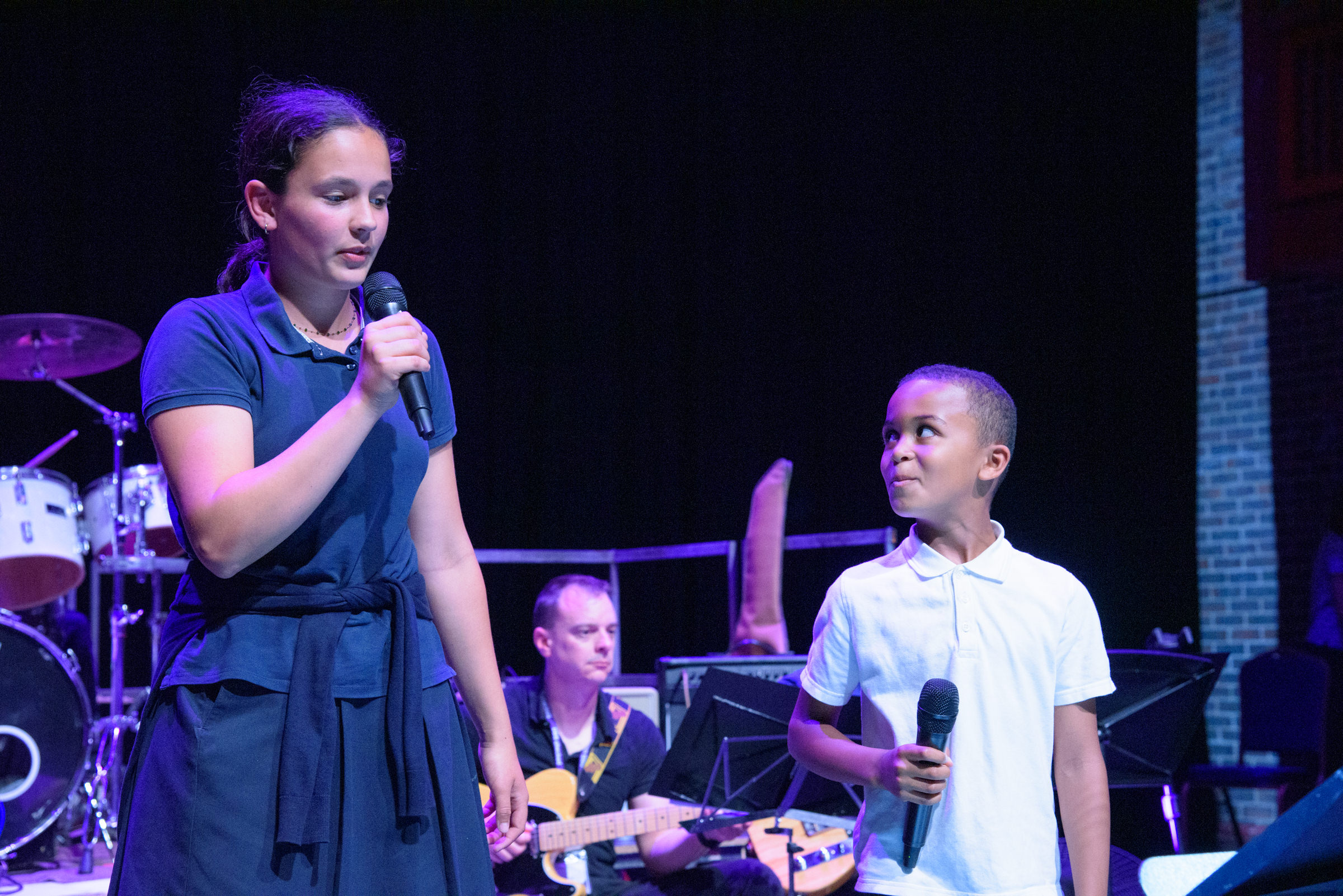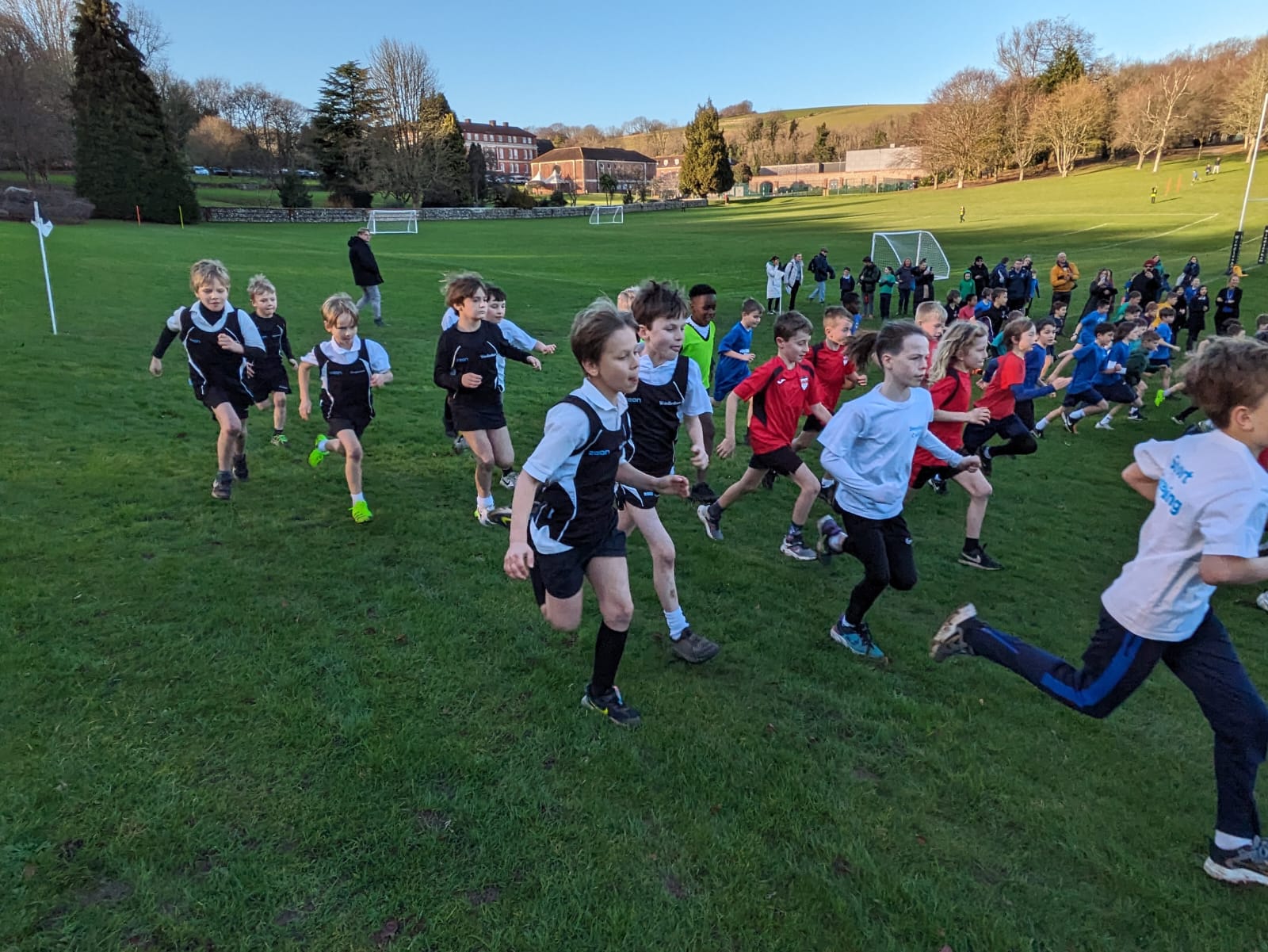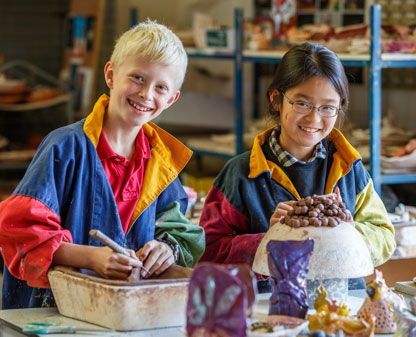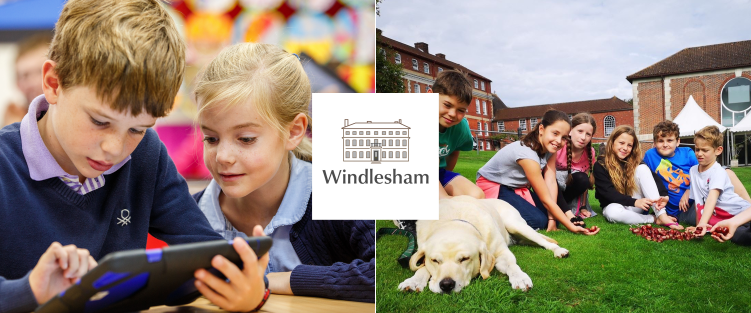All of the children this half term have been following the ‘Healthy Me’ topic. Research has proven that children learning accurate information before being exposed to illegal drugs, significantly reduces the chances of a young person taking them.
In year 5, the children have looked at the dangers of drinking alcohol and smoking, both tobacco and vapes. They have been thinking about how they might react in a situation where they witness something traumatic and what they can do to help in an emergency. They were surprised to learn that if you call 911 it will automatically be put through to 999 emergency services. In the photos you can see the children freeze framing certain scenarios and practising the recovery position.
Year 6 children have been following the ‘Heathy Me’ topic at a slightly more advanced level. They can talk about the different categories of drugs and understand why some are illegal. They have considered the dangers of taking illegal drugs.
Year 7 has been looking at illegal drugs and considering why people might take them and the dangers of addiction. They have researched ways to enhance wellbeing including the properties of certain natural foods and activities which trigger wellbeing hormones, endorphins, to be released in the brain.
Year 8 has not only looked into the dangers of illegal drugs but have learnt about the pattern of behaviour surrounding taking drugs that leads to addiction. They have found out what the law says about possessing or supplying illegal drugs.
